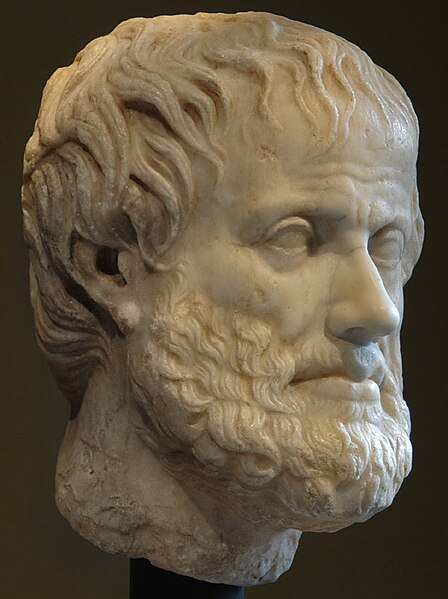Bioethics is both a field of study and professional practice, interested in ethical issues related to health, including those emerging from advances in biology, medicine, and technologies. It proposes the discussion about moral discernment in society and it is often related to medical policy and practice, but also to broader questions as environment, well-being and public health. Bioethics is concerned with the ethical questions that arise in the relationships among life sciences, biotechnology, medicine, politics, law, theology and philosophy. It includes the study of values relating to primary care, other branches of medicine, ethical education in science, animal, and environmental ethics, and public health.
Hippocrates Refusing the Gifts of Artaxerxes by Anne-Louis Girodet-Trioson
Ethics or moral philosophy is the philosophical study of moral phenomena. It investigates normative questions about what people ought to do or which behavior is morally right. It is usually divided into three major fields: normative ethics, applied ethics, and metaethics.
According to Aristotle, how to lead a good life is one of the central questions of ethics.
According to discourse ethics, as formulated by Jürgen Habermas, moral norms are justified by a rational discourse within society.
Philippa Foot was one of the philosophers responsible for the revival of virtue ethics in the 20th century.
The practices of compassion and loving-kindness are key elements of Buddhist ethics.





